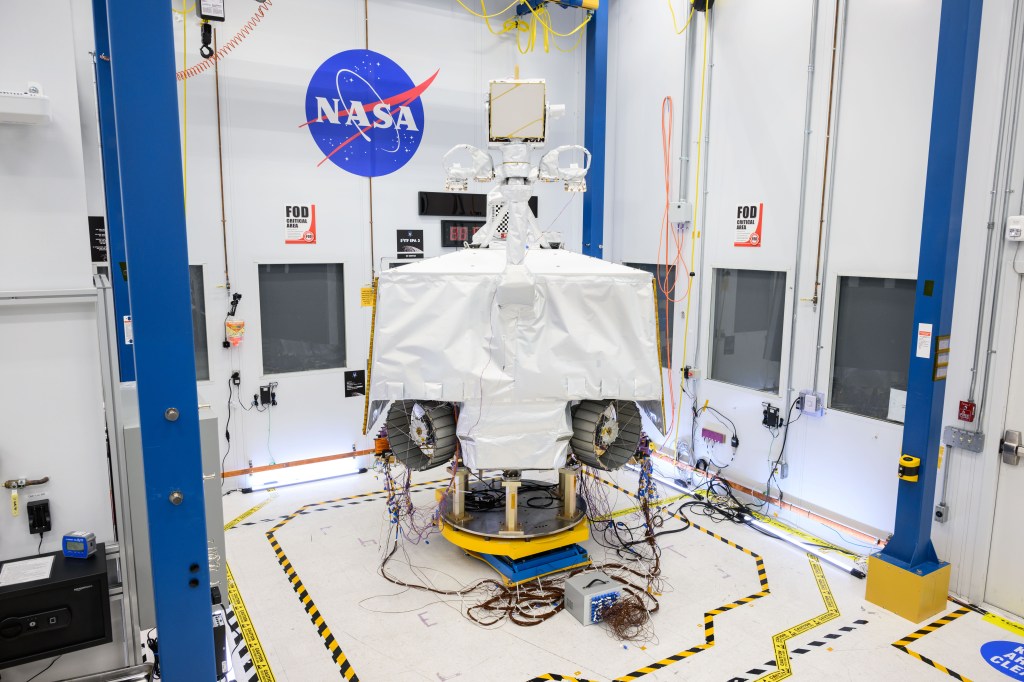Have you ever started a new task at work, only to be distracted by a ding on your phone? Or perhaps you’re in the middle of a report, and your mind starts to wander to what you’ll have for dinner. Maybe it’s an email notification that yanks you away from the project you were focused on. You’ve just been caught in the whirlwind of distraction.
If you find yourself resonating with any of these scenarios, don’t worry, you’re not alone. If you feel like your attention span is as fleeting as a flash of lightning, you’re part of a much larger crowd than you might imagine.
In fact, a study[1] from the University of California reveals an alarming statistic: on average, we can only maintain our focus on a task for a scant 12 minutes before an interruption comes bulldozing in. Worse still, after we’ve been sidetracked, it takes us a whopping 25 minutes to reclaim our original task. These numbers may be shocking, but they’re the reality of our distraction-riddled lives.
So why do we seem to have an irresistible attraction to distraction? Why does our attention crumble so easily in the face of disruptions?
Well, the answer might not be as straightforward as blaming the beep of a message, the buzz of a notification, or even the chime of an email.
It turns out that our distractions are not only about these external invaders of our focus. It’s more complicated and, more personal. There’s an inherent element within us, within our own minds, that is pulling us away from our tasks, luring us into the realm of distraction. But what exactly is it? Let’s dive into the causes of our distractions.
Why Do I Get Distracted Easily?
Let’s break down the culprits behind our constant dance with distraction:
1. Our Brains Are Hardwired to Be Distracted
Our brains are wonderfully complex machines designed to absorb new information and adapt to our environment. But this strength can also be a weakness. The dynamic nature of our brains, always seeking out fresh stimuli, can cause us to lose focus on our current task.
Research in neurology,[2] involving both humans and our primate cousins, the macaque monkeys, found that our concentration is not a continuous stream, but a series of short bursts. And in between those bursts, guess what happens? Distraction. The brain takes a break, scanning the surroundings for anything more important than what you’re currently doing. If there’s nothing of higher priority, you’ll refocus, but not before you’ve lost precious minutes to distraction.
That’s the double-edged sword of our human instinct. For instance, if we’re knee-deep in a task and there’s a sudden noise or an eye-catching movement, our brain might swiftly shift our attention to the new stimulus. And in today’s info-rich, entertainment-loaded world, this can make maintaining focus a challenging feat.
2. We Live in a World Full of Distractions
We’re fortunate to have access to the dynamic duo of technology and the Internet. These provide an unrivaled trove of resources for learning, connecting, and entertaining ourselves. But this blessing is double-edged. The same tools that can propel our productivity also have the power to ensnare us in a web of distractions.
Statistics shed light on just how pervasive this issue is:[3]
A staggering 84.4% of us, on average, report being distracted at work. The usual suspects? Emails, hijacking the attention of 26%; phone calls and texts, swaying a massive 55%; co-workers, diverting 27%; and the Internet, with its infinite maze of information and entertainment, distracting a hefty 41% of us.
What’s more, a Korn Ferry survey[4] reveals that an overwhelming 67% of workers say that their impactful work is often sidelined by the excessive time spent in meetings and calls.
These distractions are more than mere annoyances – they’re loud, persistent, and relentless in their bid for our attention, making focusing on a single task akin to hearing a whisper in the middle of a thunderstorm.
A captivating study offers more insight into our struggle with distractions.[5] It found that our brain waves pulsate at different frequencies depending on the type of external stimuli. The rhythm is faster for automatic stimuli but slows down for tasks we consciously choose to focus on. This makes maintaining focus in our buzzing world an ever-escalating challenge.
“Neural activity goes up and down in a regular periodic way, with everything vibrating together. It is faster for automatic stimuli and slower for things we choose to pay attention to.”
Just think about it: You’re engrossed in a project, and then your phone chirps with a notification. That seemingly insignificant beep is enough to derail your concentration, and regaining your focus might be harder than you anticipate. The same goes for that catchy news headline or an intriguing social media post that catches your eye – pulling you away from your task and immersing you in the sea of distraction.
3. We Have a Short Attention Span
Our brains, as brilliant and intricate as they are, come with a rather surprising quirk: a tendency to drift away. A revelation from Harvard presented a startling picture:[6] 47% of the time, our minds aren’t where we think they are. Yes, nearly half the time we believe we’re focused on a task, our thoughts are off gallivanting in an entirely different realm.
This isn’t necessarily because of a lack of commitment or interest. Our innate attention span has a cap, much like the limit on a fuel tank. And once we hit that threshold, our focus begins searching for alternative horizons, like a traveler yearning for new landscapes.
Consider diving into a prolonged task, perhaps something that requires hours of undivided attention. The initial enthusiasm and concentration might be strong, but as the clock ticks on, even without realizing, our attention can start to meander. It’s not always a sign of lack of dedication. Often, it’s a simple human response to monotony. Our brains might be craving a pause, seeking relief from exhaustion, or even just yearning for a different stimulus due to sheer boredom.
In essence, our inherent short attention span isn’t a flaw; it’s a part of the human design. Recognizing it can be the first step towards crafting effective strategies to work in harmony with it rather than against it.
4. Most Of Us Have Poor Time Management Skills
When was the last time you attended a class specifically on time management? Most of us weren’t formally taught how to manage our time efficiently when we were growing up or even during our school years. It’s a skill that many of us had to learn haphazardly, often through a trial-and-error process that can lead to a lot of wasted time and missed opportunities.
Muddled time management can fan the flames of distraction and torpedo productivity. Here’s how:
- Without clear-cut goals or priorities, it’s harder to stay focused, and you can get sidetracked by tasks of lesser importance.
- Failing to divide your time and resources effectively can have you hopping between tasks or getting bogged down in minor details.
- Procrastination is the villain of the productivity story. It pulls you away from work and makes it harder to pick up where you left off.
Final Thoughts
We’re living in a world where distractions are as common as the air we breathe. They’re coming at us from all directions – from the constant buzz of our phones to the wanderings of our own minds. The causes of our distraction are as varied as they are prevalent, often intertwining and magnifying each other. This can feel like trying to stay afloat in a sea of chaos.
But the fact that you’re reading this means you’ve already taken a crucial first step. You’ve acknowledged the problem – a world full of distractions and the triggers within us that make us susceptible to them.
The path to a more focused and productive life isn’t necessarily about eliminating all distractions – an impossible task in this age of information. Instead, it’s about understanding these distractions, recognizing the triggers within ourselves, and learning how to manage them.
By identifying the factors that make us so prone to distraction, you can start to develop strategies to keep them in check. By understanding how your mind works and what causes your attention to wander, you can find ways to work with your nature, not against it.
Note: This article have been indexed to our site. We do not claim legitimacy, ownership or copyright of any of the content above. To see the article at original source Click Here












